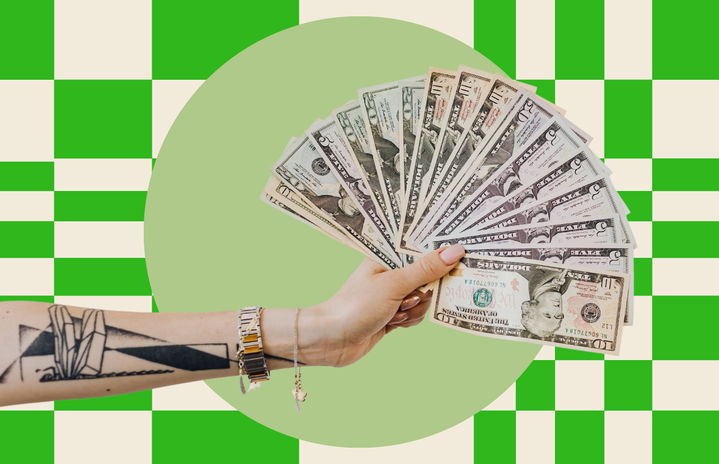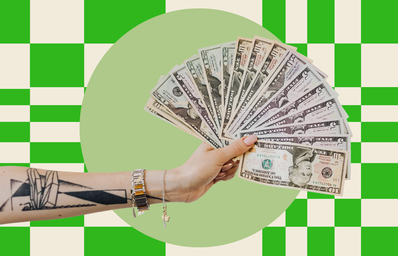“Oh my God, I’m obsessed!”, suddenly nearly every other Instagram influencer seems to be using this statement to describe the so-called ‘awesomeness’ of a new product that they ‘recently discovered‘. Seems very fishy and overused, doesn’t it? And fishy it is, because while millions of people are getting awed and enamored by the results put out in front of them by these influencers on their screens, what they are failing to see, or rather are being shielded from seeing, are the ‘#ad’ and ‘#sponsored’ hashtags hidden in the plethora of hashtags underneath the post. And even if, say an influencer were to properly mark a sponsored post as such, what level of credibility does the marketing hold and how are users ever to know the extent of such contracts? With the rapid rise of these new gen celebrities, aka the Instagram Influencers and such; and brands, be it the top shelf ones or those who are up and coming, increasingly using them for marketing, such questions are but obvious to ask.
Surprisingly, this tactic of marketing using internet celebrities is not something that was born in recent years with the rise of apps such as Tik Tok or Instagram. However, it became mainstream only lately. If we take a step back and think about it, we see that these ‘reviews’ of products actually control a huge chunk of how consumerism works in today’s scenario. Be it any make-up product, or any electronic, the first instinct we have before purchasing anything is to go and find a full online review video about it. But with product sponsorships becoming increasingly commonplace, the credibility of these reviews automatically comes under the magnifying glass. Which of them is authentic and which, a paid ad? How to know what is legitimate and what’s just a farce? Not just in this aspect, but with e-commerce booming and more and more businesses being launched virtually, it is almost impossible to discern completely as to whether a particular venture is a scam or not. Diet pills being promoted by internet celebrities is perhaps the biggest example of money-making using fake propaganda. Recent allegations of beauty guru Mikayla Nogueira about falsely advertising L’Oréal’s new mascara is another burning example.
In order to ensure that the common people aren’t blindsided, the Government of India, under the Consumer Protection Act of 2019, released the ‘Endorsement Know-Hows!’ that aims to effectively put an end to such practices. All and any endorsements made by influencers or celebrities must be clearly advertised so, with stickers or signs that are hard to miss. In addition to that, there is to be complete transparency with the consumer about all and any kind of incentives and compensations made by the product company to the sponsored party. False endorsement of a product where due diligence has not been performed by the celebrity or the influencer is also prohibited. Violation of these guidelines might result in a penalty of up to 50k and permanent termination of the endorsement partnership.
While it is a valiant effort from the ministry and authorities to combat the growing discrepancy in product advertisement and marketing which is today no longer limited to print media, what remains to be seen is how effective it actually proves to be. While inclusion of words such as ‘advertisement‘ or ‘sponsored‘ is sure to make the public more aware and give them an active choice in being swayed to believe what they see on-screen, there will always remain a margin of doubt about the authenticity of the influencers. With the rise of digital media and virtually every next person standing the chance to be a celebrity, this marketing strategy using celebrities is only going to grow; and with the massive popularity that these apps have, it is safe to say that these online celebrities clearly have a very big role in shaping the current consumeristic mentality. If used with appropriate discretion, digital marketing in the days to come can become one of the biggest weapons for industrial advancement and thereby, contribute to a bigger economy.


